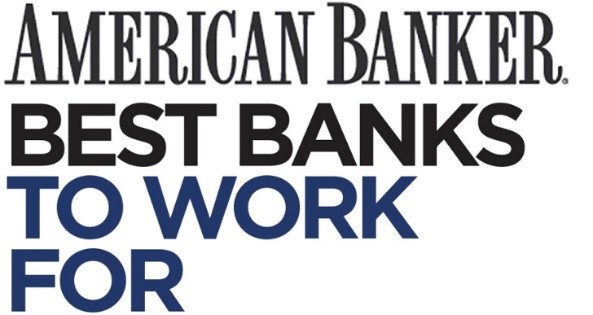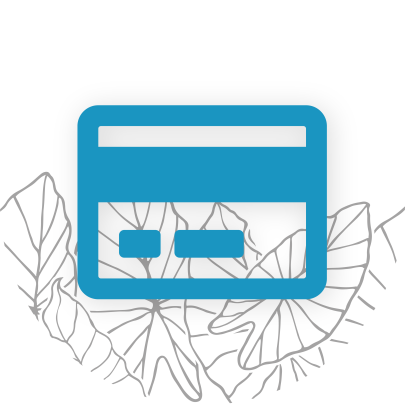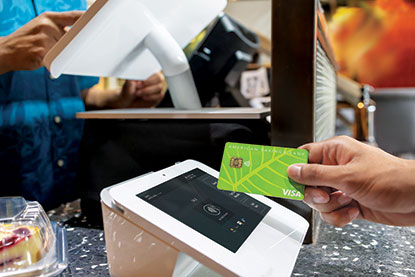Tips for Buying a Home in Hawaii
By
ASB November 25, 2020 | 5 min read N/AFew moments are as exciting as unlocking the door to your new home for the first time. The journey to get to that moment, however, can be long and expensive. Buying a house is a big financial decision, especially in Hawaii, which has some of the highest home prices in the country. And with the ongoing COVID-19 pandemic, the process may be even more stressful than before.
At American Savings Bank, we want you to be prepared so you can find the right home and be in a strong position to get the financing you need. We asked some of our loan officers for their best tips to help you buy a home in Hawaii.

BUDGETING FOR A NEW HOME
Cost is often the biggest obstacle when buying a home in Hawaii. Whether you’re making your first home purchase or upgrading to a new home, start your search by knowing how much you can afford.
“The first step would be to meet with a loan officer to figure out your budget. A loan officer can also share information on first-time homebuyer programs,” says Alan Fentriss, Senior Vice President and Director of Home Loans at American Savings Bank.
Loan officers, like the team at ASB, understand the local real estate market and can help you examine your finances. Your loan officer works as your go-to resource to answer your financial questions throughout the home buying process — from calculating estimated monthly payments to getting you pre-qualified for a mortgage.
Getting a pre-qualified offer for a mortgage shouldn’t be the only factor in setting your new home budget. You might end up qualifying for a loan that’s much higher than you expected, but you can’t afford the payment.
Reyn Sugai, Vice President and Executive Residential Loan Officer at American Savings Bank, advises, “Even if you can get qualified for a huge loan, that doesn’t mean the monthly payment is realistic. Take a look at your current income and expenses to see how much of a monthly payment you can afford, and reach out to the lender if the COVID-19 pandemic has affected your finances.”
Other factors to consider when budgeting for your new home include:
-
Potential renovation costs
-
Energy costs to power your home
-
Other debt, such as a car payment or credit cards
-
Regular expenses, such as car insurance, utilities, and groceries

KEEP YOUR SAVINGS ON TRACK
Saving for a down payment in Hawaii can be challenging. You can help keep yourself on track to reach your savings goals by setting a timeline for your home search. Decide how long you want to save money for a home and start saving each month. For example, you might be able to save enough for a down payment in a year.
“Telling lots of people about your plans to buy a house in a year is a great way to motivate yourself to keep saving,” says Sugai. “Let friends, family, and coworkers know about your savings goal. Find an accountability buddy, such as a good friend or family member to help you stay accountable by checking in each month — it’s a great way to discuss any budgeting changes or new expenses while working toward your goals.”
HOW TO PICK THE RIGHT LOCATION
We all know Hawaii’s beautiful views, comfortable climate, and endless culture and history make it a great place to live. However, one of the state’s biggest advantages can also be a disadvantage. With so much variety on the Islands — from urban streets and rural towns to windy hills and humid beaches — there are a lot of things to consider when choosing a location for your new home.
-
Humidity and Mold: If you decide to shop for a home in one of Hawaii’s more humid areas, such as Hilo, you might need to battle mold in your home. Mold thrives in dark, humid areas such as the corner of a bathroom or a shower. Living in an area with higher humidity means you might need to invest in a dehumidifier or be on the lookout for mold.
-
Tourist Areas: It’s no secret that people travel from across the Mainland and around the world to visit our island home. Be sure to consider what your new neighborhood will look like at the height of the tourist season as you shop for a home. While it might seem quiet now, there will likely be a rush of new visitors when COVID-19 restrictions begin to lift in Hawaii and on the Mainland.
-
Tropical Storms: Although hurricanes are relatively rare in Hawaii, smaller storms are quite common. You should consider your proximity to the shoreline, as well as the elevation of your potential new home. Homes in low elevations may be prone to flooding in rainy weather.

PREPARING FOR MOVE-IN COSTS
The purchase price might be the biggest cost of buying a home, but it’s not the only one. You also need to factor closing costs and move-in costs into your homebuying budget. Move-in costs might include small renovation projects or simply the price to hire movers to transport your belongings from your old home.
Other costs will pop up the longer you own the home as well — such as a water heater or kitchen appliances that need to be repaired or replaced. The best way to protect your finances from unexpected home expenses is to build an emergency fund before you buy the house.
“In the wake of the COVID-19 pandemic, there has been an emphasis on savings, particularly for emergency funds for home expenses. Build up this fund before you purchase a house so you have it ready to help cover costs from the day you move in,” says Sugai. Another option to help cover additional home costs is to apply for a home equity line of credit (HELOC).
“A HELOC is used to access your equity in a credit line that can be used to purchase the things you want or need. Many Hawaii residents use HELOCs to make renovations, complete home improvement projects, or make major purchases,” says Fentriss. “HELOCs can be a great asset in continuing a project or investment in your home.”

ASK QUESTIONS ALONG THE WAY
It’s tempting to jump on an opportunity when shopping for a home — especially in a hot real estate market like Hawaii. Taking your time and doing your research, however, usually helps save you time and money down the road.
Get ready to buy your next home by learning about homeownership in Hawaii and connecting with an ASB loan officer today.























